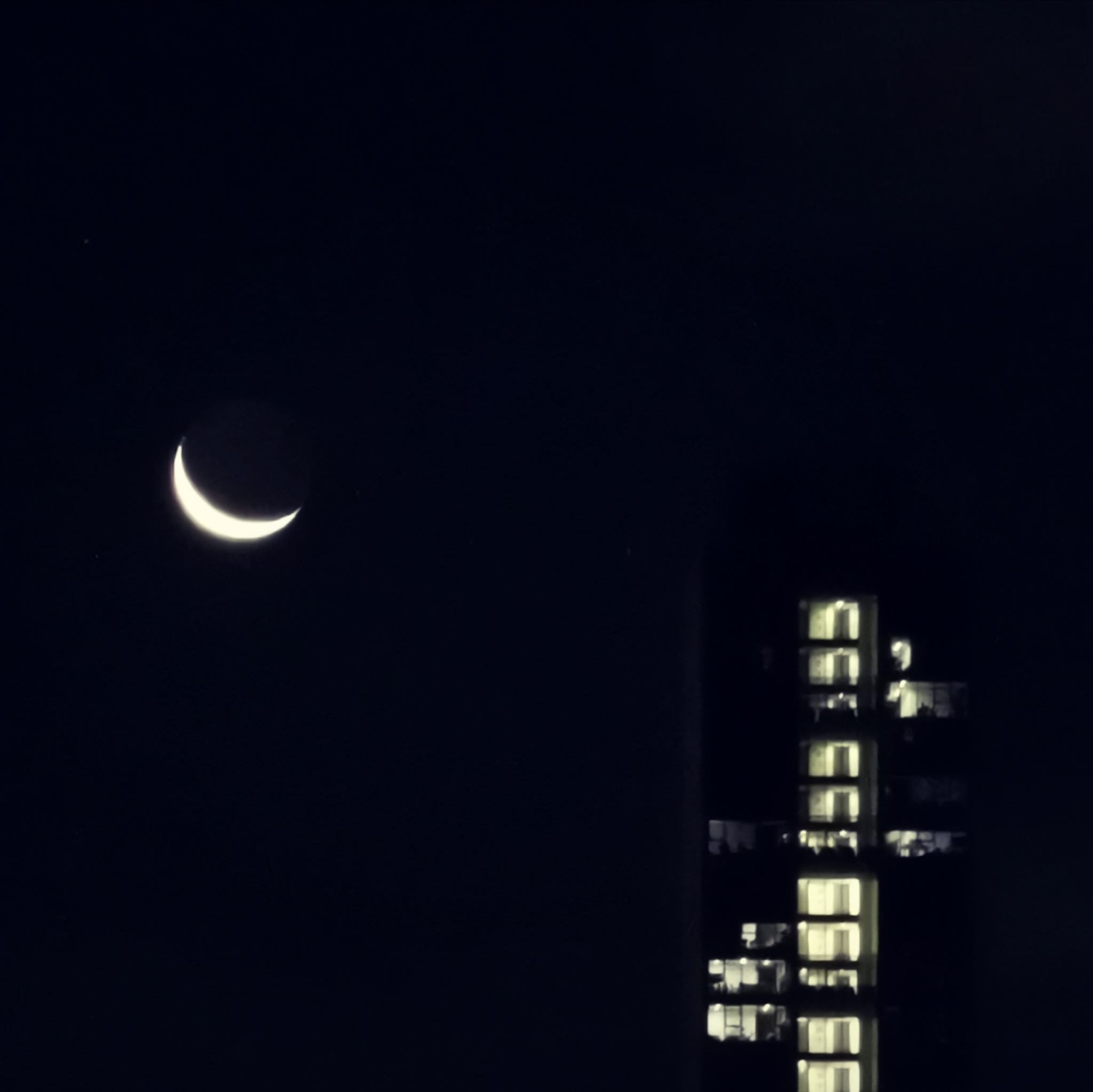奈何明月照沟渠 - A Poetic Question of Inequality
How can the bright moon shine on the ditches and canals? This evocative question, '奈何明月照沟渠' (nái hé míng yuè zhào gōu qú) in Chinese, speaks to the poignant disparity between beauty and hardship, privilege and poverty. It reflects a profound lament about the seemingly unjust distribution of fortune and opportunity in life.
This line, often attributed to the Tang Dynasty poet Li Bai, encapsulates a deep sense of frustration and injustice. The 'bright moon' symbolizes beauty, enlightenment, and a sense of universality, while 'ditches and canals' represent the mundane, the lowly, and the overlooked. The juxtaposition of these elements evokes a sense of irony, questioning why something so beautiful and pure should grace such humble and neglected spaces.
The question can be interpreted on multiple levels. It can be a lament for the plight of the less fortunate, a critique of social inequality, or a reflection on the inherent unfairness of life itself. The beauty of the moon, in its universality, highlights the stark contrast between those who are able to appreciate its light and those who live in its shadow, burdened by hardship and neglect.
Ultimately, the poem invites us to contemplate the nature of justice, the role of beauty in a world of suffering, and the enduring power of the human spirit to find meaning even in the face of adversity.

原文地址: https://www.cveoy.top/t/topic/l4ii 著作权归作者所有。请勿转载和采集!